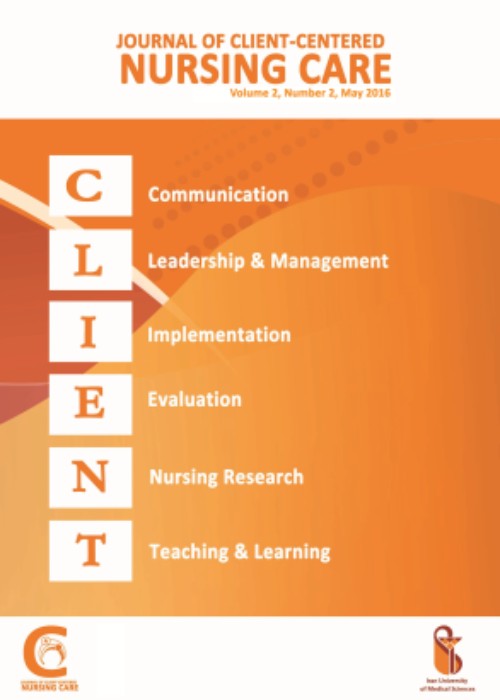Effects of Mindfulness-based Self-compassion and Attachment-based Therapy on Self-criticism and Mental Fatigue of Male Adolescents With Addiction Potential
The main cause of the tendency to drug abuse among adolescents and young people is the inability to control their emotions. Previous studies have revealed that as the two models of mindfulness-based self-compassion and attachment-based therapy increase self-acceptance and forgiveness in people, they can be useful for reducing the negative emotions. The aim of the present study was to compare the effectiveness of the two models of mindfulness-based self-compassion and attachment-based therapy on the self-criticism and mental fatigue of male adolescents with addiction potential.
It was a quasi-experimental study. The research population included all high school students in Azna County in the academic year 2018-2019. The participants were selected through cluster sampling. Those with a score above 60 on the Addiction Preparation Scale were randomly assigned to two experimental groups and one control group, each with 15 participants. The instruments used to collect the data were the Addiction Preparation Scale (Wade & Butcher, 1992), the Self-Criticism Questionnaire (Lewis, 1997), and the Psychological Fatigue Questionnaire (Crepe, 1989). The participants in the experimental groups underwent mindful self-compassion and attachment-oriented therapy for 8 and 6 sessions, respectively. The data were analyzed using Multivariate Analysis Of Covariance (MANCOVA) and one-way Analysis Of Variance (ANOVA) by SPSS software V. 21.
The findings showed a significant difference between the experimental and control groups in terms of self-criticism (P=0.001, F=10.21) and mental fatigue (P=0.001, F=5.74) in the post-test phase. The results showed that there was no significant difference between mindful self-compassion treatment and attachment-based therapy in terms of their effects on self-criticism (-0.92±0.71, P=0.20) and mental fatigue (-0.57±0.45, P=0.19) of the male adolescents vulnerable to addiction.
According to the findings of the study, it can be concluded that mindfulness-based self-compassion and attachment-based therapy are effective in reducing self-criticism and mental fatigue of male adolescents with the addiction potential. Accordingly, the models are suggested to be used by mental health professionals to help adolescents who are potential to addiction
- حق عضویت دریافتی صرف حمایت از نشریات عضو و نگهداری، تکمیل و توسعه مگیران میشود.
- پرداخت حق اشتراک و دانلود مقالات اجازه بازنشر آن در سایر رسانههای چاپی و دیجیتال را به کاربر نمیدهد.



